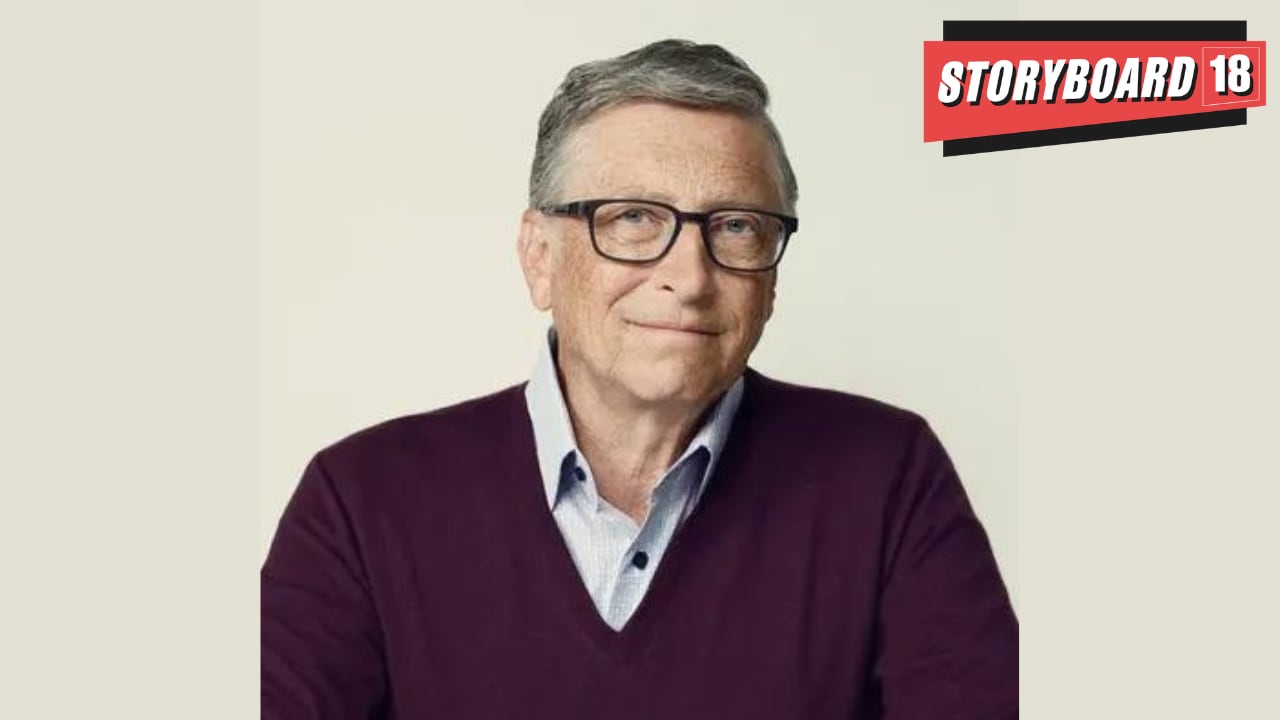Bill Gates recently stated in his latest blogpost that although cheeseburgers are his favourite food, he certainly wishes they weren’t. The billionaire co-founder of Microsoft wanted to highlight the impacts of animal and plant extracts on both the environment as well as the humans. His aim was to put a spotlight on two new startup companies in which he recently invested, who are both working on sustainable alternatives to animal fat and plant extracts.
His blog read, “It’s (animal fat) what distinguishes butter from margarine, dairy ice cream from a plant-based frozen dessert, and a great burger from one made of soy protein or peas. Unfortunately, it’s also a disaster for the climate. Each year, the world emits 51 billion tonnes of greenhouse gases — and the production of fats and oils from animals and plants makes up seven percent of that. To combat climate change, we need to get the number to zero. Our plan can’t be to simply hope that people give up foods they crave.”
In a 2021 study featured in Nature, findings revealed that greenhouse gas emissions stemming from animal-based foods are double those originating from plant-based foods. Savor, a San Jose, California startup endorsed by Gates, produces “nutrient-rich foods devoid of animals, agricultural land, fertilisers, hormones, or antibiotics,” as stated on its website. The company emphasises that these are genuine fats, not substitutes.
After Gates blog mentioned them, Kathleen Alexander, the Co-founder and CTO of Savor since 2022 also published an even more detailed article on the company’s goals stating, “If we are successful in commercialising our non-agricultural approach to fat production, we could capture an unprecedented opportunity to preserve existing forests and even rewild historic forestlands.”
The second startup endorsed by Gates is New York-based C16 Biosciences, which has developed a unique technology to produce a substitute for palm oil used in various everyday items like ice creams, peanut butter, pizza, and beauty oils. According to an Axios Pro report, the Bill and Melinda Gates Foundation awarded a $3.5 million grant to C16 Biosciences in January 2024. This funding aims to assist the startup in establishing proof-of-concept for products derived from sugar feed and manufactured by converting carbon dioxide, a process to be carried out by a third-party manufacturer.
C16 Biosciences has trademarked a property known as Palmless, which involves fermenting naturally occurring yeast using a method with historical roots in food production (such as kimchi and beer), beauty products (like hyaluronic acid), medicine (including insulin), and beyond, as detailed on its website. The potential of this innovation as a viable alternative to palm oil could hold considerable significance for India, the largest importer of the commodity globally.
In the fiscal year ending March 2023, palm oil constituted 59 percent of India’s total edible oil imports, valued at ₹1.38 lakh crore. Globally, estimates varied, but the palm oil industry was estimated to be between $65 billion to $70 billion in 2022. This suggests that India consumes nearly one-fifth of the world’s palm oil output.
